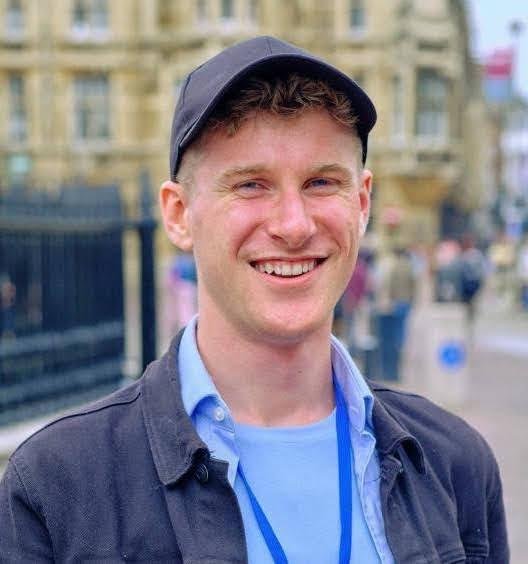A typical Freedom Week might look something very similar to this...
Monday
12.00 – 15.30: Arrival of Delegates and Registration.
15.30 – 16.00: Dr. Madsen Pirie on 'Winning Liberty's Battles'
16.00 – 18.30: Free Time
18.30 – Late: Welcome Drinks and Networking
Tuesday
10.00 – 11.00: Session 1 – Andy Mayer on "The Energy Crisis”
11.00 – 11.30: Break
11.30 – 12.30: Session 2 – Dr. Kristian Niemietz on "Moral Panics and Conspiracy Theories around NHS Privatisation”
12.30 – 14.00: Lunch
14.00 – 15.00: Session 3 – Daniel Pryor on “Liberal Approaches to Drug Policy”
15.00 – 15.30: Break
15.30 – 16.30: Session 4 – Professor Jonathan Portes on “The Economics of Immigration”
16.30 – 17.30: Discussion groups
17.00 – 19.00: Free Time
19.00 – Late: The Famous Freedom Week Pub Quiz & Pizza
Wednesday
10.00 – 11.00: Session 5 – Lord Hannan of Kingsclere on “The Importance of Free Trade”
11.00 – 11.30: Break
11.30 – 12.30: Session 6 – Professor Robin Ellison on “Do we need a law against murder?”
12.30 – 13.45: Lunch
13.45 – 16.00: Punting on the River Cam
16.00 – 18.00: Free Time
18.00 – Late: Post-Punt Dinner and Drinks
Thursday
10.00 – 11.00: Session 7 – Richard Teather on “Tax: Starving the Beast”
11.00 – 11.30: Break
11.30 – 12.30: Session 8 – Victoria Hewson on “The Online Safety Bill”
12.30 – 14.00: Lunch
14.00 – 15.00: Session 9 – Aria Babu on “Future Technology: Challenges and Opportunities for Freedom”
15.00 – 15.30: Break
15.30 – 16.30: Session 10 – Christopher Snowdon on “Killjoys: The Case Against Paternalism”
16.30 – 17.30: Discussion Groups
17.30 – 19.00: Free Time
19.00 – Late: Board and Card Games Night
Friday
10.00 – 11.00: Session 11 – Rebecca Lowe on “Privatisation: The Final Frontier”
11.00 – 11.30: Break
11.30 – 12.30: Session 12 – Media Workshop with Tom Harwood
12.30 – 14.00: Lunch
14.00 – 15.00: Free Time & Packing
15:00 – 15:30: Farewell Ceremony
16:00: Goodbyes











